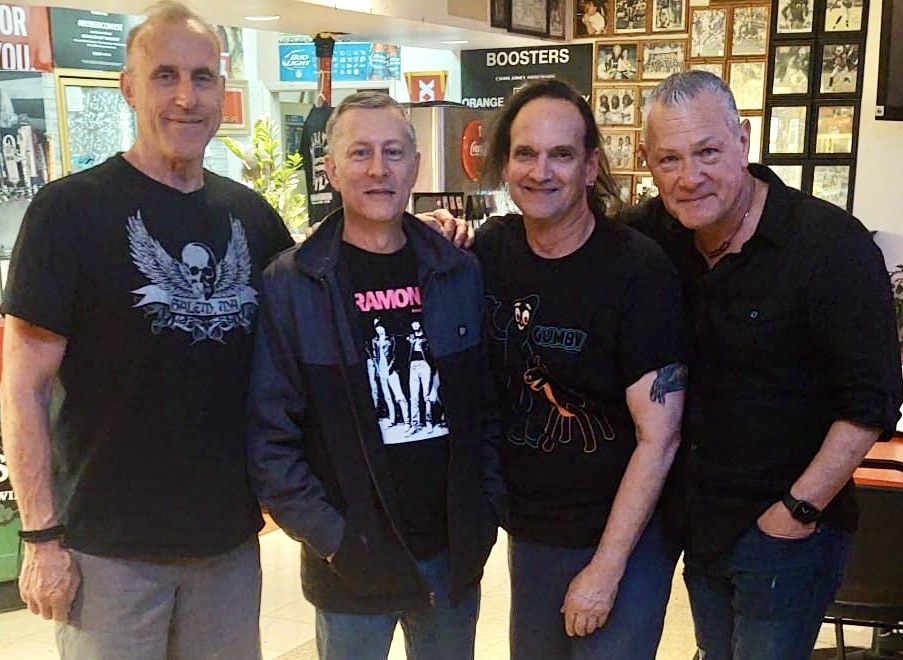
Dave Swaney has been coming to Undercover concerts since the early 1980s, he tells me. We were able to spend a little time together at our performance at the House of Blues in 2022 and over pizza he told me he had a lot of questions about the workings, music and history of Undercover over the years. He sent them to me not long after, and dammit Dave, I’m sorry it took me so long, but here you go! Continue reading







 About a year ago I got a message from Christian, who asked if I’d be interested in being interviewed for their podcast,
About a year ago I got a message from Christian, who asked if I’d be interested in being interviewed for their podcast, 